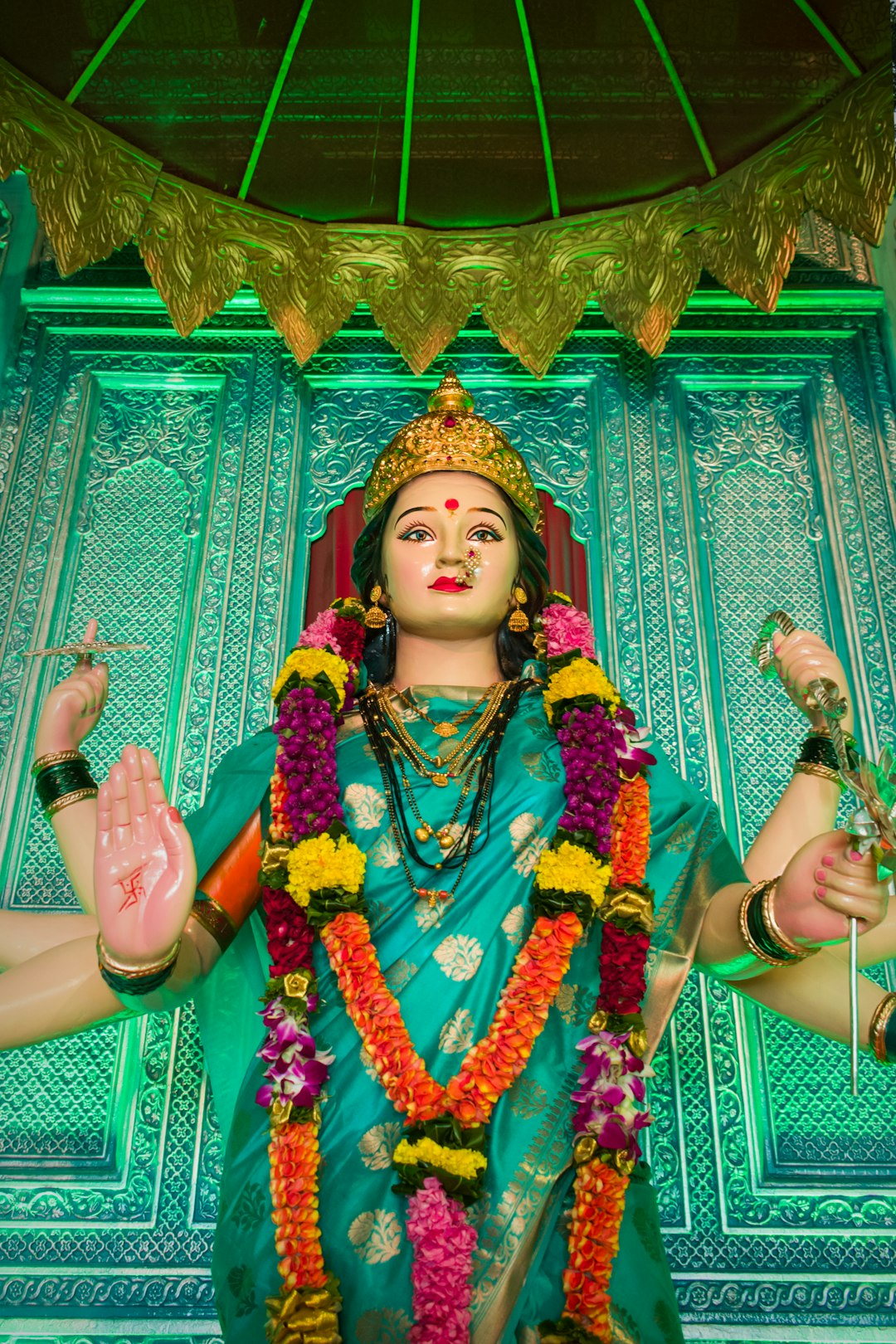
The Unyielding Conviction Embracing Cultural Homogenization in an Era of Compromise
In a world where compromise is often heralded as the panacea for societal discord, one must pause to consider the growing trend of cultural homogenization that emerges as a questionable alternative. Indeed, the unyielding conviction that embraces this homogenization poses a significant challenge to the rich tapestry of cultural diversity that has historically defined societies. As we navigate through these complex times, it’s critical to examine the implications of this movement and its far-reaching consequences.
The Allure of Homogenization
Cultural homogenization, at its core, is the process through which diverse cultural practices and identities are supplanted by a dominant culture, often driven by globalization and technological advancement. The allure of this phenomenon cannot be overstated. After all, who wouldn’t want a society where everyone shares the same values, beliefs, and preferences? It certainly seems easier to manage a world where Starbucks serves as the cultural epicenter, and social media platforms dictate the latest trends.
However, beneath the surface lies a sinister reality. The promise of seamless integration often leads to the erasure of distinct cultural identities, traditions, and languages. This so-called “melting pot” mentality may sound inviting; yet, it risks diluting the very essence of what makes humanity uniquely beautiful. The consequence? A bland, monochromatic culture devoid of the rich flavors that stem from diverse backgrounds.
Data and Real-world Examples
Consider the data: According to a report by a leading cultural organization, over 80% of the world’s languages are in danger of extinction within the next century. This alarming statistic is not merely an academic concern; it reflects the tangible loss of cultural heritage. Languages encapsulate unique worldviews and histories, and their disappearance signals a broader trend of cultural homogenization that undermines the diversity that enriches our global society.
Take, for example, the culinary world. With the rise of fast-food chains and ubiquitous food chains, traditional cuisines are slowly being replaced by standardized menus. While it might be convenient to grab a quick burger, it is essential to recognize that this convenience often comes at the expense of local culinary traditions, which have been cultivated over generations. The same can be said for music, fashion, and art, where global trends overshadow local expressions, leading to a world where creative individuality is sacrificed on the altar of uniformity.
The Counterarguments
Of course, the argument for cultural homogenization is not without its proponents. Advocates often cite the benefits of globalization, claiming that a shared culture fosters understanding and cooperation among nations. It’s a tempting argument that plays into the idealistic notion of a united world. However, this perspective fails to recognize that true understanding stems from embracing our differences rather than glossing over them.
Moreover, the claim that homogenization is necessary for economic growth is riddled with oversights. While multinational corporations may thrive on uniformity, local economies, driven by unique cultural offerings, often see significant benefits from preserving their distinct identities. Cultural tourism, for instance, thrives on the uniqueness of local traditions and practices, generating substantial revenue for communities.
A Call for Balance
In this era of compromise, it is crucial to strike a balance between global integration and the celebration of cultural diversity. Embracing cultural homogenization may seem appealing in the short term, but it risks leaving future generations bereft of the rich cultural legacies that have shaped humanity. Instead of surrendering to a one-size-fits-all approach, we should champion the unique contributions of various cultures, allowing them to coexist and flourish alongside one another.
Encouraging cultural exchange rather than homogenization can lead to a more enriched global community. By promoting cultural literacy and appreciation, we can cultivate an environment that values both unity and diversity. This approach not only honors the past but also lays the foundation for a future that celebrates the beauty of our differences.
Conclusion
In conclusion, the unyielding conviction embracing cultural homogenization in an era of compromise presents a formidable challenge to humanity. While the allure of a homogenized culture may be tempting, we must recognize the profound consequences of sacrificing diversity for uniformity. As we navigate through these complex times, let us advocate for a world that honors individual cultures, fosters understanding, and ultimately enriches our collective human experience.
In doing so, we not only preserve our heritage but also ensure that future generations will inherit a world that is vibrant, diverse, and full of life—a world worth sharing.
This is not just an opinion; it’s an imperative to safeguard our cultural legacies in an age that often forgets their value. We must stand firm in our conviction to celebrate diversity, for it is the very essence of what makes us human.
Tags: opinion, editorial, current events, cultural homogenization, diversity, globalization, cultural preservation


